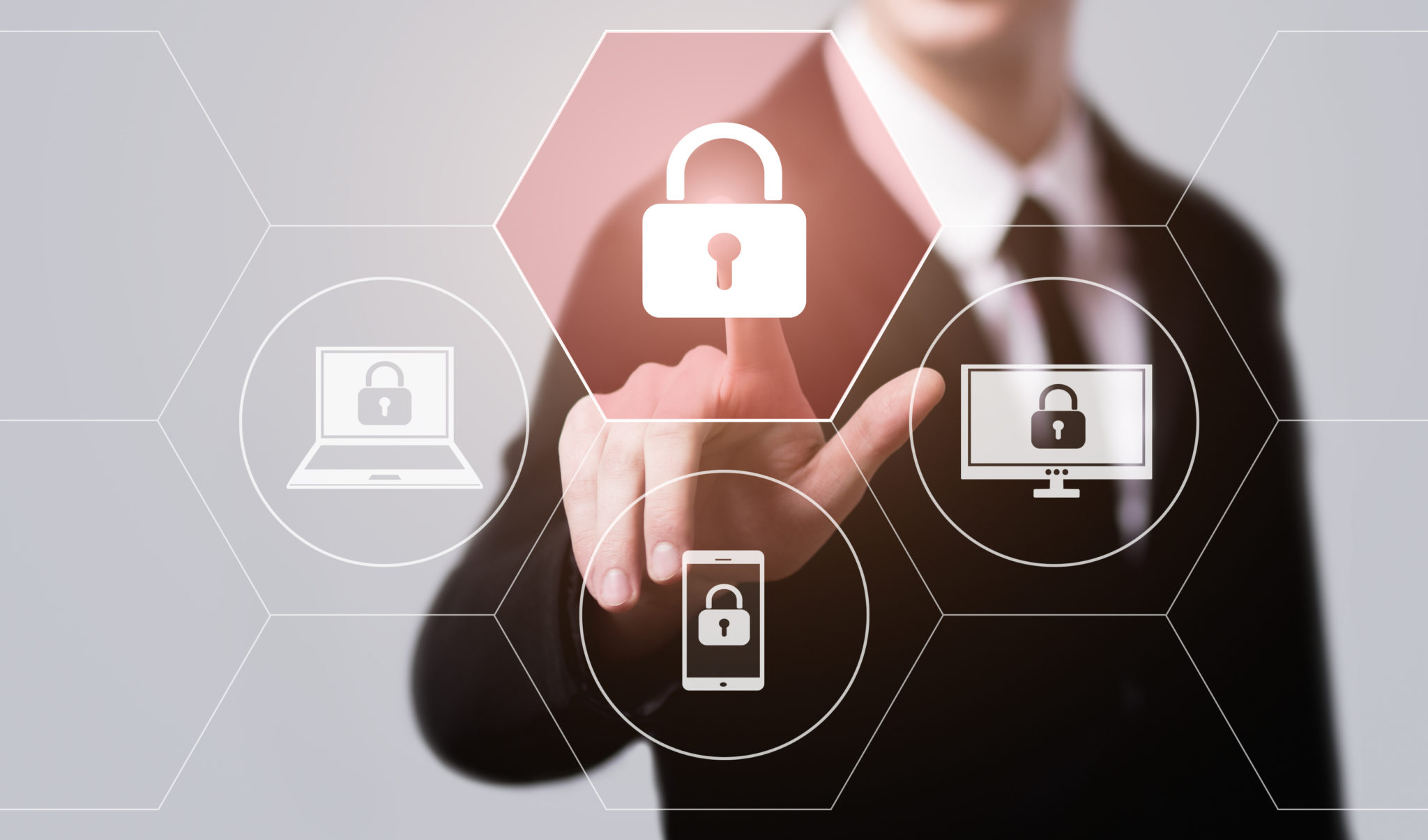30 Aug Breaking Down the Drone Data Issue with DJI and the US Army and How It Impacts You

The past month, there has been some conversation on the topic of drone manufacturers, their respective applications, and how they handle drone data security.
The buzz started when the US Army announced they were banning the use of DJI drones due to unknown cyber security concerns. This event prompted several questions from the general public as well as industrial verticals leveraging drones regarding drone data privacy and security.
Drone data privacy has been a hot button topic for the drone mapping industry for some time, and when events such as above occur, facts can skew, and conclusions can be misdrawn.
That’s why we created this post– to help you understand why this happened, share insight into drone data security, and clarify its impact.
Explaining Drone Data Security
The Federal Trade Commission defines data security as the protective digital privacy measures that are applied to prevent unauthorized access to computers, databases, and websites.
The concept of ‘data security’ applies to all technologies utilizing the Internet to function including data obtained by your drone solution. This can entail anything from simple photos taken by the drone to 3D meshes, digital surfaces, cut/fill analyses, etc.
In the drone mapping world, it’s important to be cognizant of this when operations are underway.
Wouldn’t you want to know if someone else was attaining your information and what they could be doing with it? Food for thought.
The Impact of Choosing the Correct Drone Provider
When shopping for a commercial drone solution, be sure to do your research and ask specifically about their privacy policies. If you’re already working with a drone solution provider, check out their privacy policy as soon as possible, to ensure you’re on the same page.
In the U.S. Military’s case, data security is a crucial concern and as a result, triggered this national discussion about drones and data security.
Here’s our breakdown:
DJI was not the best fit for the U.S. Military
Some background:
DJI is the market leader in aerial photography systems and focuses their efforts mainly on hardware.
The US Army utilized DJI consumer drones to conduct field operations. After realizing it was unclear what information DJI retrieved on their servers, the US Military ordered the ban. The Military’s primary concern was other third parties’ ability to hack into the field data DJI obtained.
Customer data is intercepted to adhere to no fly zones, geofence (keep drones from straying), and understand why possible bugs could be happening. Basically, to make the lives of their customers easier.
This particular data collection is why the DJI-government relationship ended. Even though the drone company does work with select enterprise customers who have needs beyond what you can get off the shelf, such as ensuring enterprise data security
With that said, DJI did respond shortly after with a press release about adding a ‘local data mode’ that stops internet traffic to and from its flight control apps. This solves the government’s problem and enhances data privacy assurances to sensitive enterprise customers.
The key takeaway:
DJI cares very much about their customers’ needs, regardless if it’s for consumer or commercial use. However, their drones are not designed specifically for the military.
It was the government’s decision to cut off the relationship, even though there were ways to obtaining the data security they needed.
Bottom line is the U.S. Military should have originally gone with a provider that places a strict focus on software and data security to keep things simple.
Working with a Commercial Drone Provider
When conducting commercial drone mapping operations, you’re able to work with solutions that place more attention in the areas you need.
Complete drone data security is an essential for many industrial companies. Also, there are features that separate drone mapping from regular drone activity and ensure you’re working with a platform meant for business.
Specifically, folks in construction, mining, engineering, and energy are seeing the benefits of drone mapping and the quality of data they’re receiving from profitability margins to company-wide efficiency. So yes, data security is vital because of the value it holds.
Conclusion
There is a lesson to be learned from this entire situation with DJI and the U.S. Army.
It was never revealed exactly why the government used DJI drones and if they initially understood their privacy policy or not, but something eventually clicked pushing them to cut ties.
If anything, don’t allow this narrative dictate your outlook on the actual drone itself manufactured by DJI. Many solutions partner with the company as a hardware supplier and develop their own accompanying software –and won’t send your information to DJI servers.
Regardless, it’s important to research before signing on to any type of drone mapping solution. If security isn’t your primary concern, maybe it’s something else.
The drone industry is becoming increasingly intricate in what it has to offer– so make sure your current or future provider is meeting the expectations you set.
Doing your homework by testing or demoing drone solutions to find what you need is the best way to do it, good luck!
Related Content: Selecting the Right Commercial Drone Solution for Your Company



No Comments